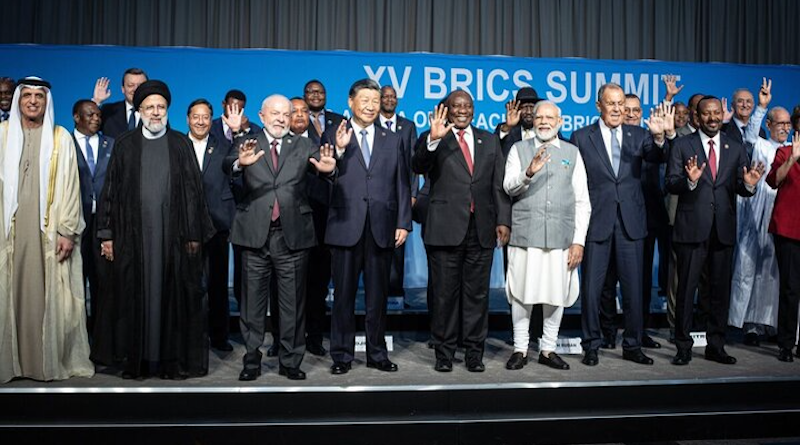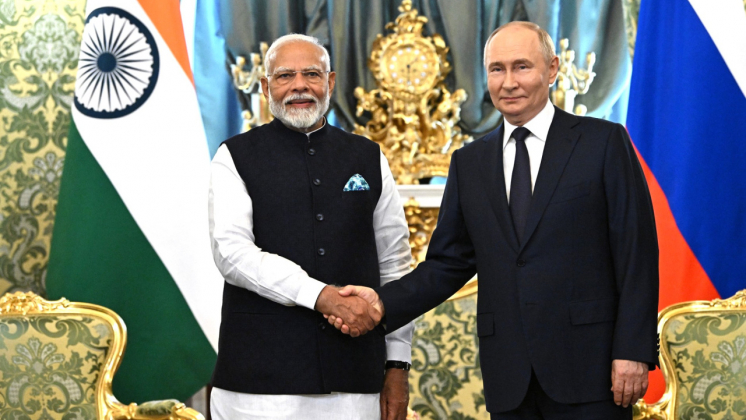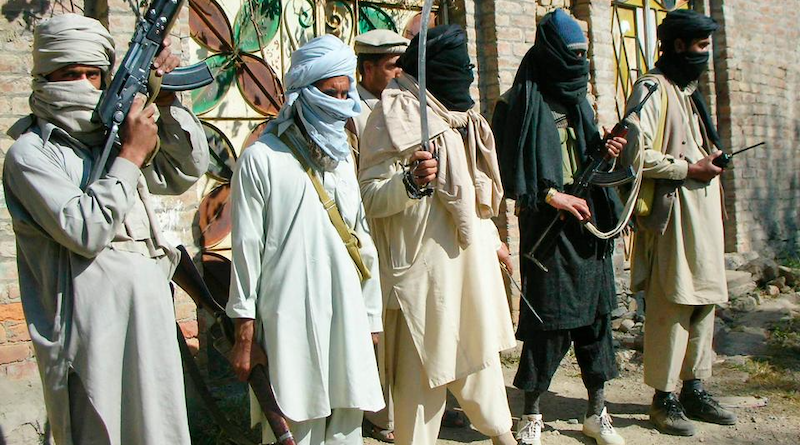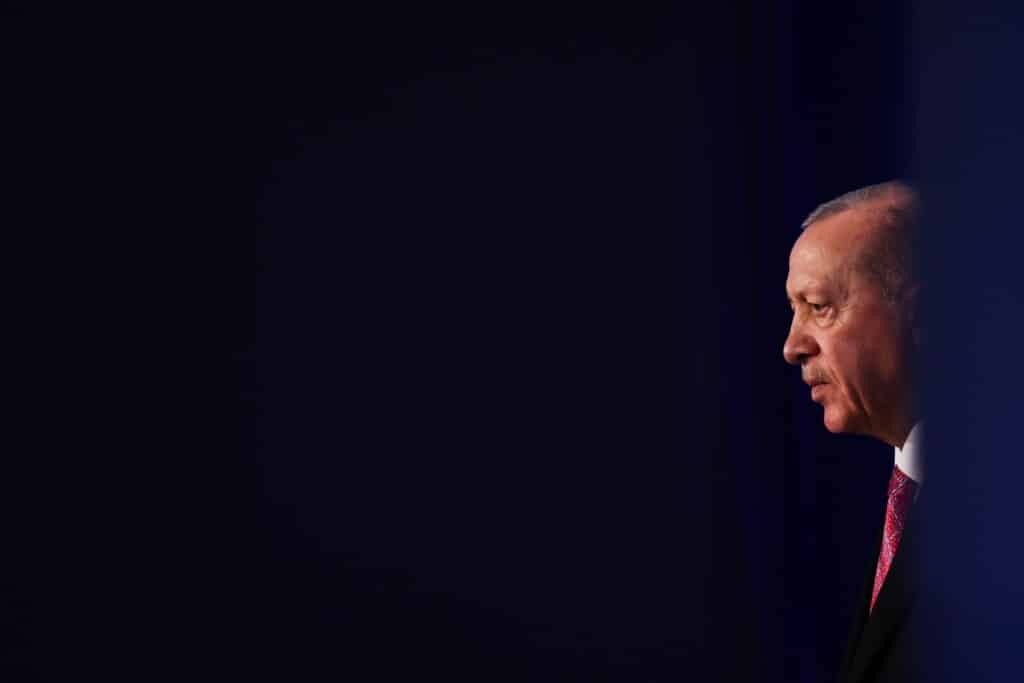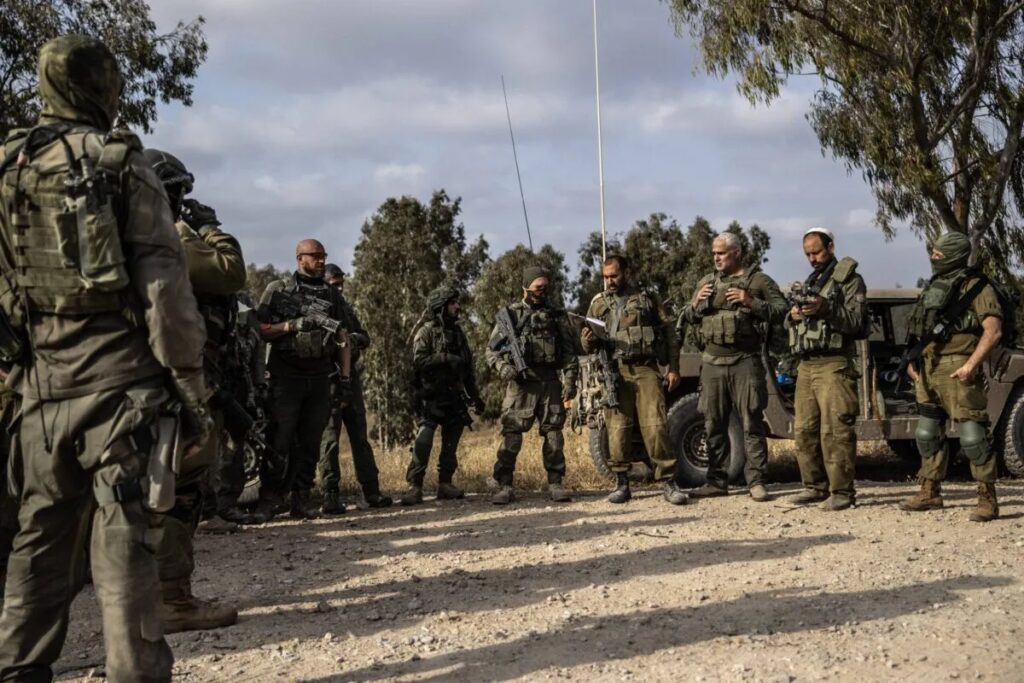Journalism out, hasbara in: How Israeli TV news joined the Gaza war effort

Tectonic shifts in Israeli broadcasting have played a key role in shaping the country’s nationalist and militaristic discourse, with Oct. 7 marking their apex.
For the last few months, people around the world have been closely following the ongoing brutality of the war in Gaza. Pictures of Palestinians fleeing south and looking for relatives under the rubble, videos of children searching for food and water — these and more have been circulating on social media and news networks every day since October 7.

